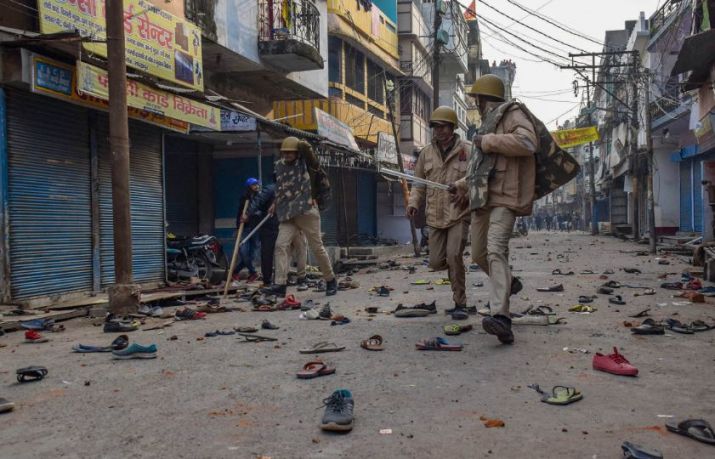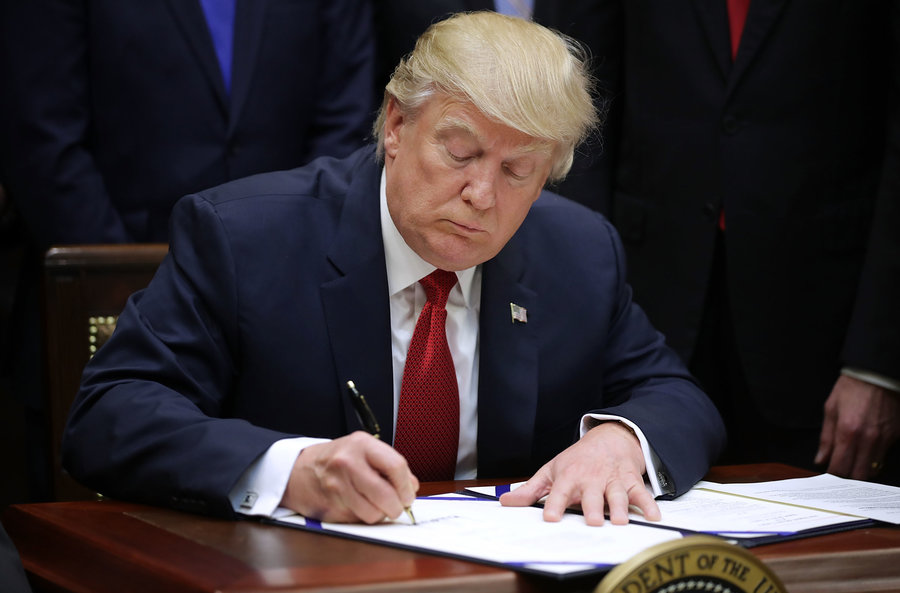Authorities impose Section 144 in several parts of India to restrict violence as the citizenship act protests intensify.
India under Section 144
At the peak of protest for the Citizenship Amendment Act (CAA), several cases of violent protests have pushed the authorities to impose Section 144 of the Criminal Procedure Code of 1973.
Under the ruling, any state in India can issue an order to prohibit and arrest any assembly of four or more people within the same area. Any gathering with four or more people is considered an “unlawful assembly.”
Thursday, parts of New Delhi, Karnataka State, Bangalore, and Uttar Pradesh State were not allowed to conduct rallies and protest. As a result, thousands were detained by authorities for defying police orders.
Many opposed the implementation of the ban, saying it is a misuse of power to prohibit protest against political issues.
According to Gautam Bhatia, a Constitutional law expert,
Prohibiting citizens from joining the protest conflicts with what the constitution grants, freedom of speech, and the right to assembly.
The Citizen Amendment Act
The issue on hand right now in India circulates on the amendment proposed by the Indian government to offer amnesty to non-Muslim illegal immigrants from Afghanistan, Bangladesh, and Pakistan.
The government intends to protect religious minorities from the three Muslim countries by giving them refuge in India.
But many Muslim citizens in India grew anxious about CAA since it fits timely with the implementation of the National Register of Citizens (NRC). Under the ruling of NRC, it will identify illegal immigrants in India, causing millions to go stateless when implemented.
Those who are granted refuge by CAA are exempted from the ruling. Citizens without supporting documents of ancestry in India are concerned that they might go stateless and refugees from the mentioned countries might take their places.
Section 144, an abuse of authority
According to Mr. Bhatia, the scope of the mandate should only be on cities where there is a history of violent protests.
There should be a clear and accurate threat to public order before authorities make an act to suppress protestors.
Bhatia pointed out that aa gathering of protestors is not always an act towards violence; they are just expressing their right to freedom of speech.
Certain parts of India were also barred from accessing the internet for a few days.
Featured image by IndiaTV







